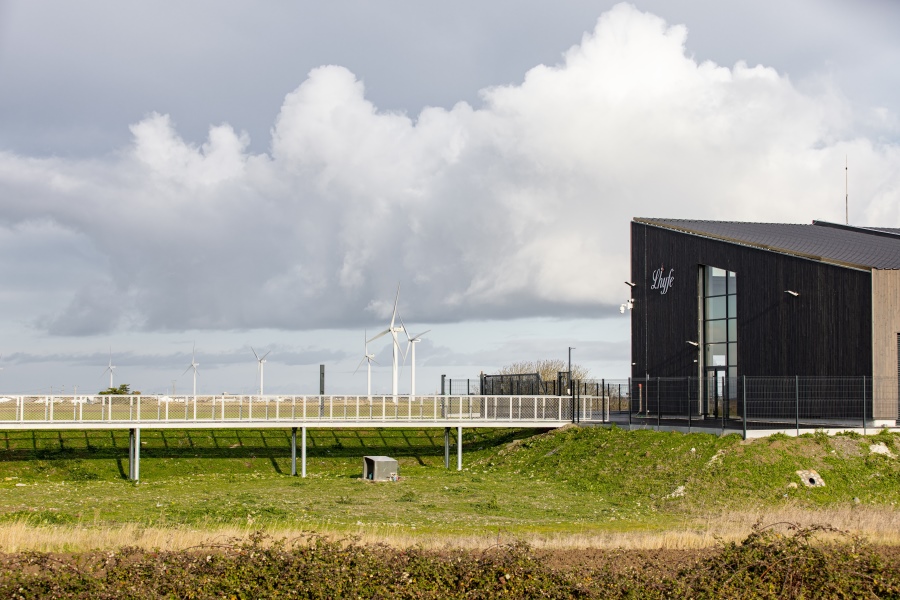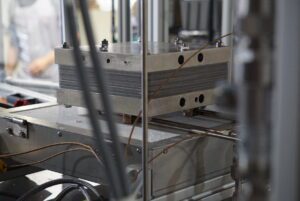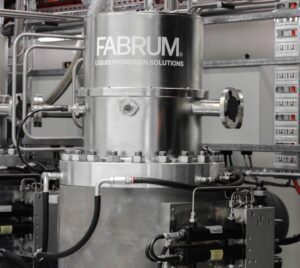The certification confirms that the hydrogen produced at the site qualifies as a Renewable Fuel of Non-Biological Origin, meaning it meets strict EU criteria concerning the use of renewable electricity, additionality, temporal and geographical correlation, and full life-cycle greenhouse gas emissions, including transport.
The Bouin plant has a production capacity of one megawatt. The first delivery of RFNBO-certified hydrogen from the site took place on 28 May in Les Sables-d’Olonne. Lhyfe is in the process of seeking certification for its other production sites in France – Bessières and Buléon – as well as in Schwäbisch Gmünd, Germany.
“The market has been waiting impatiently for RFNBO hydrogen to be available in France, and that is now the case!” said Matthieu Guesné, founder and CEO of Lhyfe. “We are now in the process of certifying our two other French sites and our German site, and are continuing our roll-out to offer fully traceable green hydrogen to all of industry and mobility across Europe, to help them decarbonise their activities, in a completely transparent manner.”
Lhyfe worked with three partners to achieve certification. The digital compliance platform developed by Atmen enabled the company to demonstrate end-to-end traceability of its production processes. The RFNBO assessment was carried out under the CertifHy scheme, one of the first certification systems approved by the European Commission. Certification was granted by TÜV SÜD, a verification body authorised under the CertifHy scheme and active across Europe.
According to the company, RFNBO certification provides assurance that its hydrogen is fully traceable and compliant with European criteria, helping customers qualify for incentives and reduce the carbon footprint of their activities.






